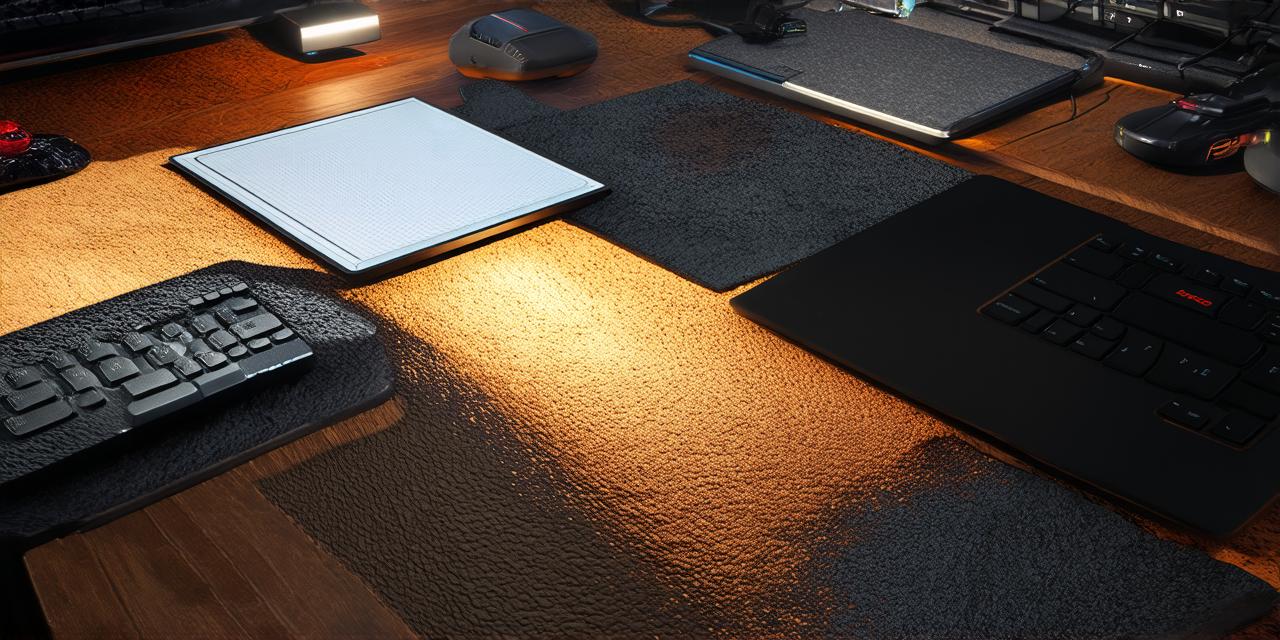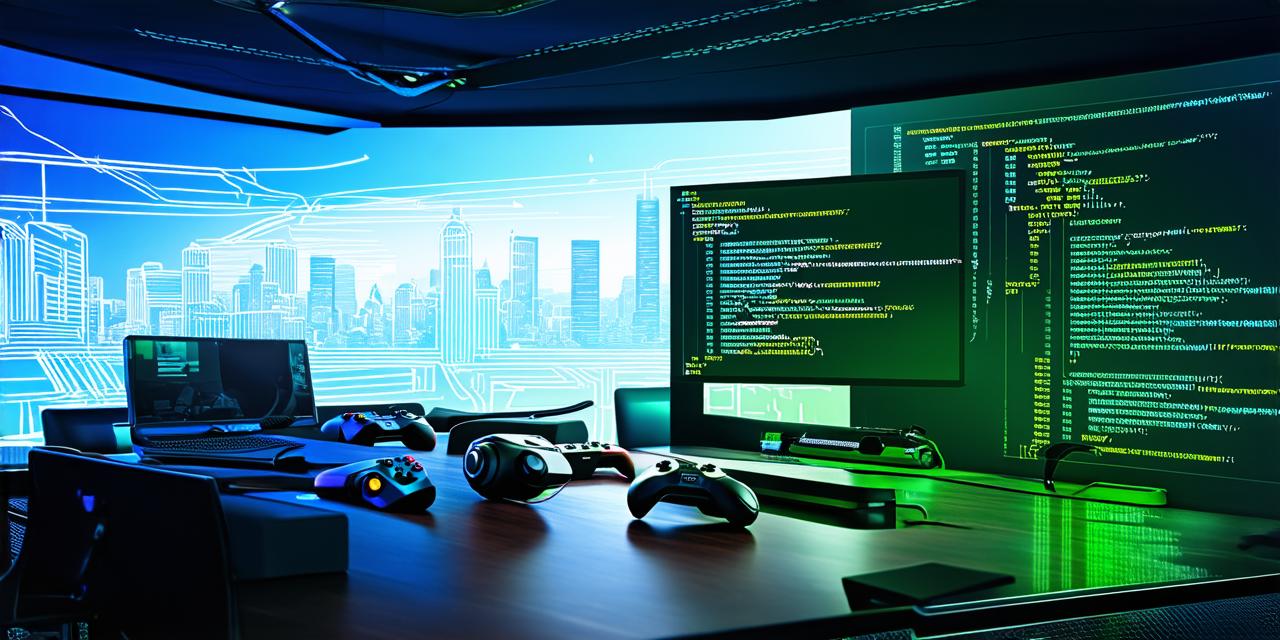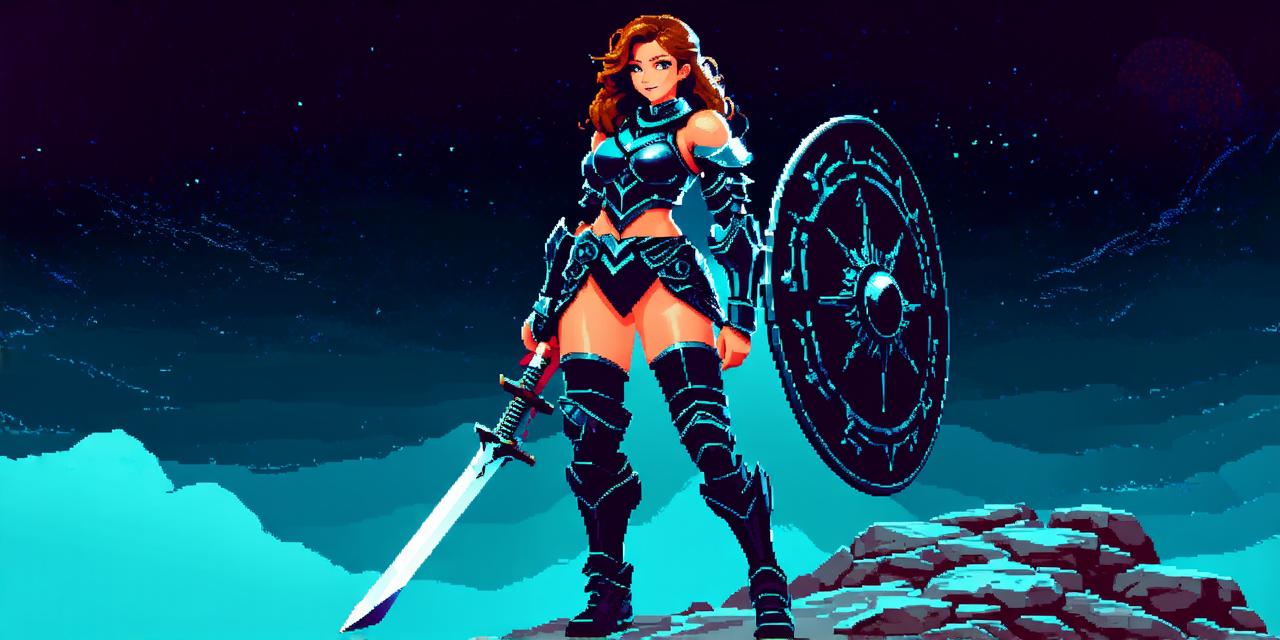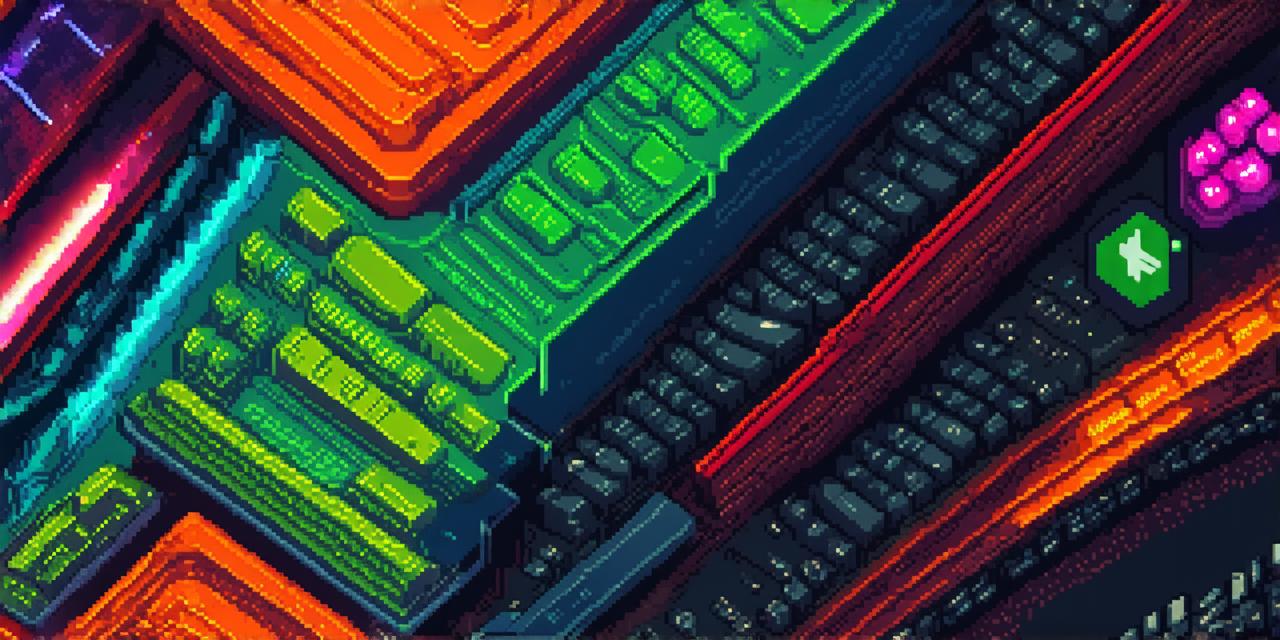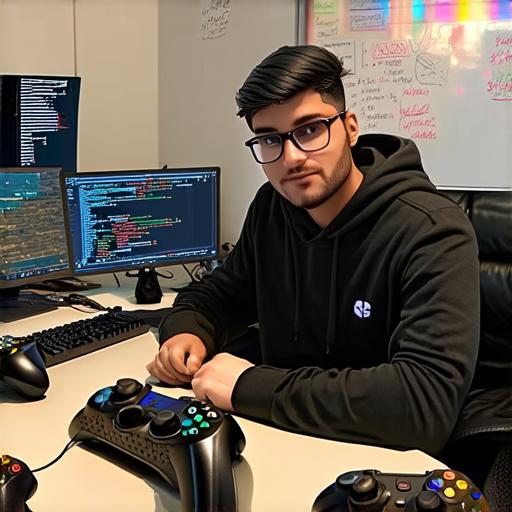
If you’re interested in creating games as a hobby or a career, game development can be an exciting and rewarding field. However, if you’re new to the concept of game development, it can be overwhelming to know where to start.
What is Game Development?
Game development is the process of creating games for various platforms such as consoles, PCs, mobile devices, and more. It involves several stages such as design, programming, art, sound, and testing. Game developers use a variety of tools and technologies to create games, including game engines, programming languages, software development kits (SDKs), and more.
Why Start with Game Development?
There are several reasons why you might want to start with game development. Firstly, it’s a fun and creative field that allows you to express your creativity and imagination. Secondly, it’s an excellent way to learn new skills such as programming, art, and design. Thirdly, it can be a lucrative career if you are successful in creating games that are popular with audiences.
What Skills Do I Need to Start Game Development?
While there is no one-size-fits-all answer to this question, here are some skills that are essential for game development:
- Programming Skills
- Artistic Skills
- Design Skills
- Time Management Skills
Programming skills are crucial for game development as they enable you to create the logic and rules that govern the game. Popular programming languages used in game development include C++, Java, Python, and JavaScript.
Artistic skills such as drawing, 3D modeling, animation, and sound design are also essential for game development. Game developers need to be able to create visually appealing games that engage players and provide a memorable experience.
Game design skills involve creating the game’s rules, objectives, levels, and mechanics. This requires a deep understanding of game theory and an ability to balance fun with challenge.
Game development is a complex process that requires a lot of planning, organization, and attention to detail. Good time management skills are essential for game developers as they need to be able to manage their time effectively to meet deadlines and deliver high-quality products.
How to Start Game Development
Here are some steps you can take to start your journey in game development:
- Learn the Basics of Programming
- Choose a Game Development Platform
- Create Your First Game
- Collaborate with Other Developers
- Test and Refine Your Game
If you don’t have any programming experience, start by learning the basics of programming. There are many online resources available that can help you learn programming quickly and easily. For example, Codecademy, Coursera, and Udemy offer courses on programming languages such as Python, Java, and C++.
Once you have learned the basics of programming, choose a game development platform to start creating your games. Popular game development platforms include Unity, Unreal Engine, and Construct. These platforms provide tools and resources to help you create games quickly and easily.
Once you have chosen a game development platform, start creating your first game. Start with simple games and gradually move on to more complex ones as you gain experience. You can find many game ideas online or come up with your own.
Collaboration is an essential part of game development. Joining a game development community or finding a team of developers who share your interests and goals can help you learn from others and improve your skills.
Once you have created your first game, test it thoroughly to ensure that it’s bug-free and runs smoothly. Get feedback from other developers and players to refine your game and make it better.
FAQs
Here are some frequently asked questions about starting with game development:
- What is the best programming language for game development?
- Do I need a degree in computer science to be a game developer?
- How long does it take to create a game?
There is no one-size-fits-all answer to this question as it depends on the type of game you’re creating and the platform you’re using. However, C++ and Java are popular programming languages used in game development, while Python and JavaScript are also commonly used.
While a degree in computer science can be helpful for game development, it’s not strictly necessary. Many successful game developers come from different backgrounds, including art, design, and other fields.
The time it takes to create a game depends on the complexity of the game, the team size, and the resources available. A simple game can be created in a few weeks or months, while more complex games can take years to develop.
Summary
Game development is an exciting and rewarding field that offers endless opportunities for creativity and learning. With the right skills, resources, and determination, anyone can start creating games and make a name for themselves in this competitive industry.
